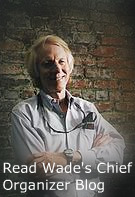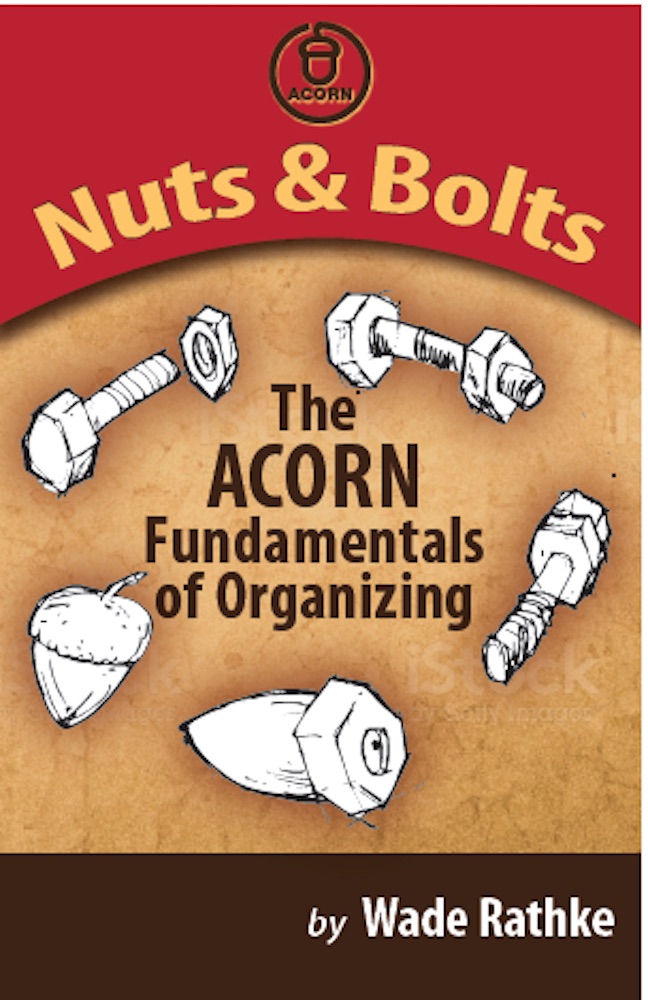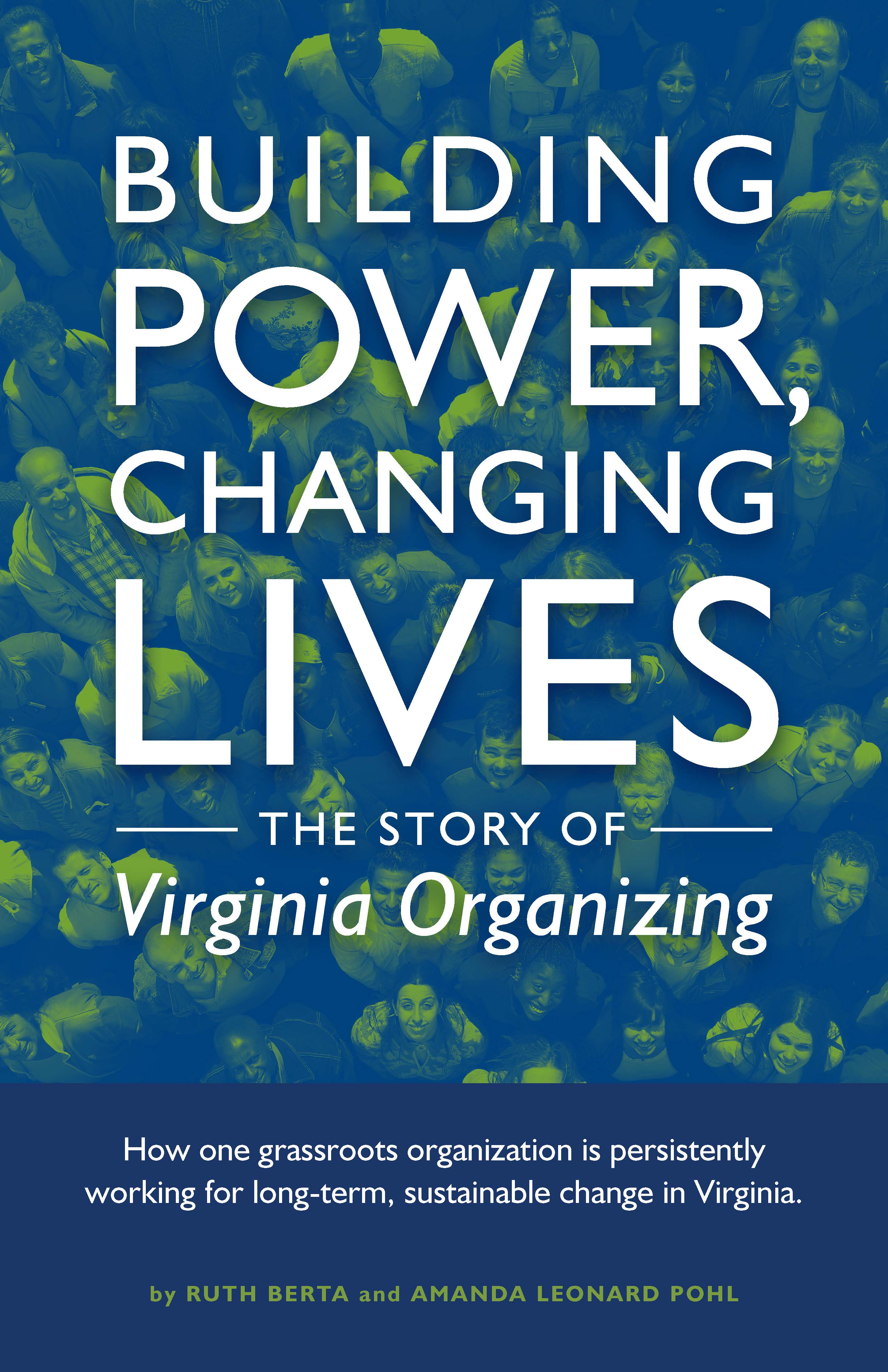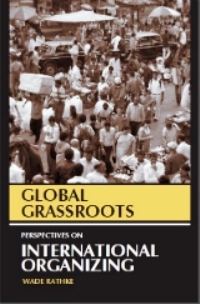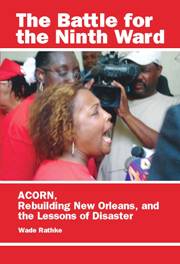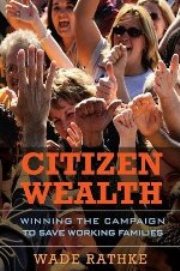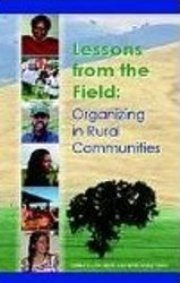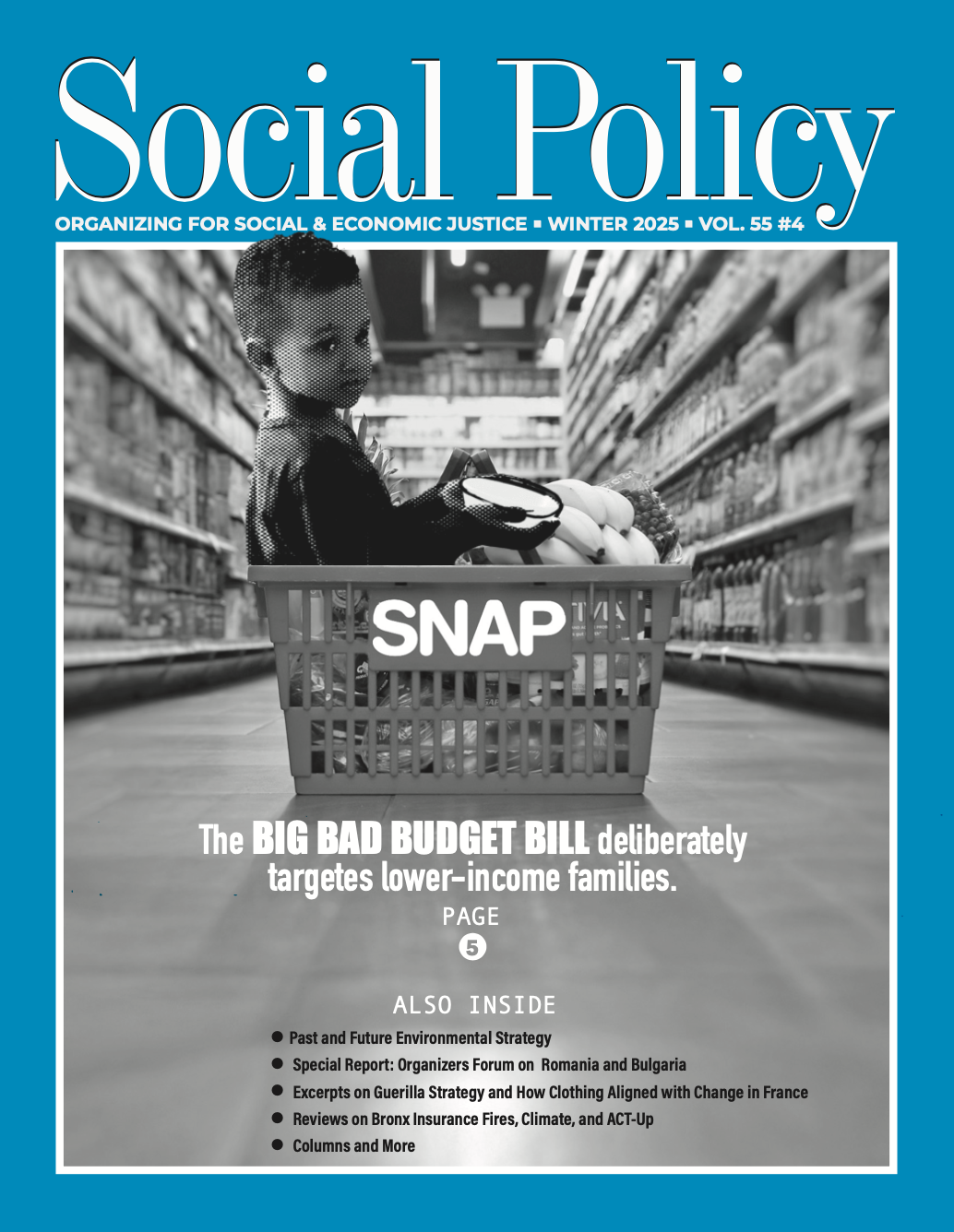Online Only Features
- Details
- Written by By Wade Rathke
I received a note from Fred Ross, Jr. and Mike Miller seeking support for this campaign to recognize, posthumously, Fred Ross, Senior, one of the great organizers for lower income families of all races and ethnicity, for a Presidential Medal of Freedom. Over the years while I was at ACORN whenever I was asked if I was an Alinksy-organizer, I would often reply, "No, I was a Ross-organizer!" Fred Ross's commitment to house meetings was instrumental in the role "organizing committees" played in the ACORN Model.
Below you will find the letters that Fred and Mike have helped distribute that have been signed by several Congresspeople and sent to the White House. Hopefully, you will join us in adding your name in support of this call for recognition for those who work in the vineyards of the freedom fight.
Wade

Dear Colleague,
As President Barack Obama considers candidates for the Presidential Medal of Freedom, I write to you today to join me in a letter that urges the President to award posthumously the Presidential Medal of Freedom to the legendary organizer, Fred Ross, Sr.
- Details
- Written by Ravi Sinha
Guntur, Andhra Pradesh, India
Using the term mutant in the context of modernity, even if metaphorically, calls for qualifications. Mutations are random changes in genes that can produce new traits in an organism. Genetic changes can arise spontaneously and randomly during the normal genetic processes of replication, or they can be induced by external factors present in the environment (viruses, chemicals, radiation etc). A mutant is a member of a species that is physically different from the typical members of the species, the difference resulting from the new traits arising out of mutation. In the natural world of organisms, then, a mutant can be treated as a deviation from the typical. In the metaphorical usage of this term in the context of modernity, one may ask, which of the modern societies are to be considered as the typical?
Read more: Mutant Modernities: An Excerpt from the Nagarjuna University Lecture given by Ravi Sinha
- Details
- Written by David Bacon
OAKLAND, CA (12/5/11) -- When Occupy Seattle called its tent camp “Planton Seattle,” camp organizers were laying a local claim to a set of tactics used for decades by social movements in Mexico, Central America and the Philippines. And when immigrant janitors marched down to the detention center in San Diego and called their effort Occupy ICE (the initials of the Immigration and Custom Enforcement agency responsible for mass deportations), people from countries with that planton tradition were connecting it to the Occupy movement here.
This shared culture and history offer new possibilities to the Occupy movement for survival and growth at a time when the Federal law enforcement establishment, in cooperation with local police departments and municipal governments, has uprooted many tent encampments. Different Occupy groups from Wall Street to San Francisco have begun to explore their relationship with immigrant social movements in the U.S., and to look more closely at the actions of the 1% beyond our borders that produces much of the pressure for migration.
- Details
- Written by Mike Miller
To understate the obvious: our side in the fight for social and economic justice and full democratic participation by all people isn’t doing well. I would like to use the California budget crisis to ask “Why? Why isn’t there a politically serious, no cuts, improve public services, progressive taxation proposal on the table?”
Easily asked; not as easily answered. The roots of the problem go deep.
The last time there was a serious effort to pass a “no-cuts” tax relief and reform proposal was 1975-1977 when the California Tax Reform Association (CTRA), a Sacramento-based and labor-supported public interest organization, and the Citizens Action League (CAL), a coalition of labor, minority, religious, senior, neighborhood and activist organizations, supported Sen. Nick Petris’ SB 154 – the Tax Justice Act.

